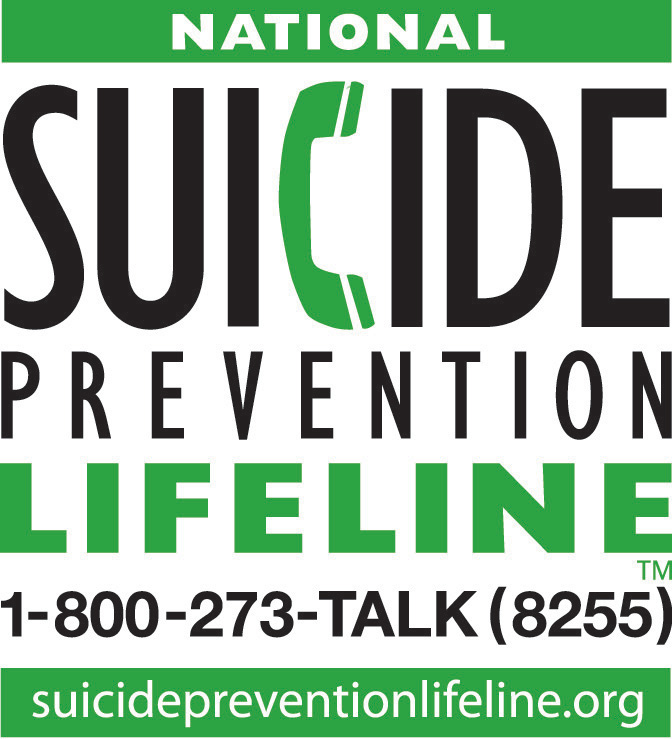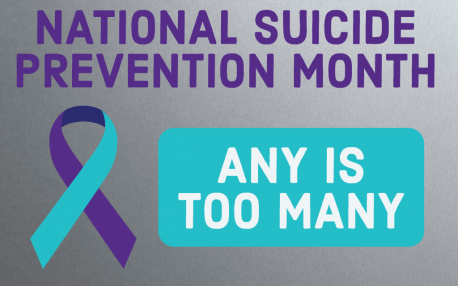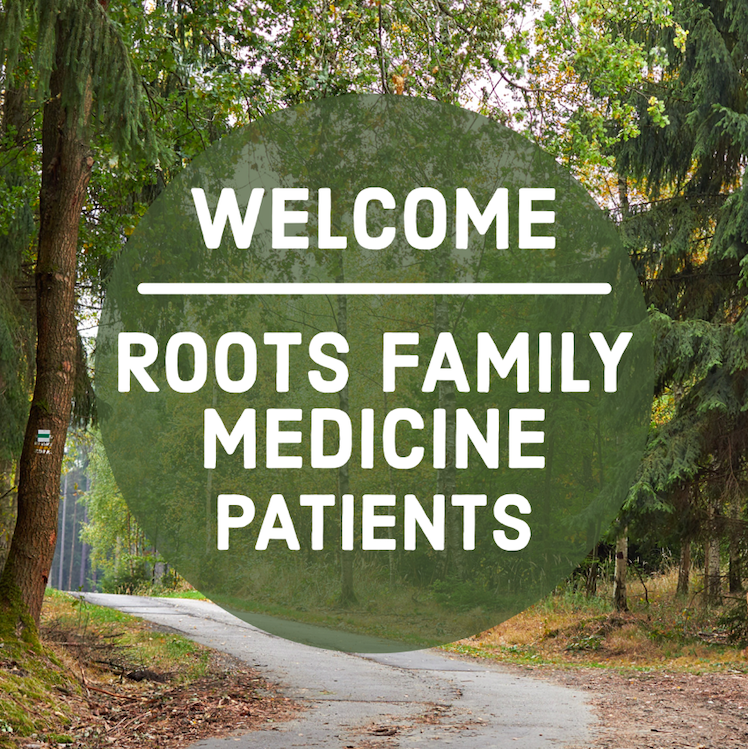Treating Insomnia
Insomnia is a common sleep disorder that makes it hard for one to fall asleep, stay asleep, and/or get good quality sleep. These symptoms persist even when individuals with insomnia have the time and right environment for good sleep. When insomnia is left untreated, it can interfere with daily activities as one may feel tired and unrested throughout their day. The following are methods for treating insomnia that have been proven to help many.
Creating Healthy Sleep Habits
- Make your bedroom as “sleep friendly” as possible
- Do your best to keep your room quiet and at a comfortable temperature
- Create a timely routine of when to wake up and when to go to sleep
- Try to maintain consist sleep times even on weekends
- Try to get in physical activity during your day
- Exercise can help make it easier for one to sleep at night, but it is best to avoid exercising too close to your bedtime
- Learn new ways to manage stress
- Finding a way to relax and lower stress levels can help one wind down and sleep better a night
Cognitive Behavioral Therapy for Insomnia
- Cognitive therapy
- Can help one feel less nervous and think more positively
- Relaxation and Meditation Therapy
- Helps teach individuals how to relax and fall asleep faster
- Sleep Restriction Therapy
- This type of therapy gives you a specific amount of time to spend in bed, whether or not you sleep during that time. This method overtime has been found to help improve one’s ability to fall asleep and quality of sleep
Medications
- Prescription medications
- Benzodiazepines can be helpful for getting a better night’s rest, but they are habit forming and should not be taken for more than a few weeks
- Benzodiazepine receptors agonists, such as zolpidem, zaleplon, and eszopiclone
- Melatonin receptor agonists, such as ramelteon
- Orexin receptor antagonists, such as suvorexant
- Over-the-counter medicine or supplements
- Melatonin supplements are lab-made versions of the sleep hormone, melatonin
- Other over-the-counter medications may be used as sleep aids
More information and RESOURCES
- To learn more about insomnia and treatment, we suggest the following link: https://www.nhlbi.nih.gov/health-topics/insomnia
- We recommend talking to your healthcare provider before attempting to treat insomnia or with any additional questions you may have










